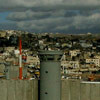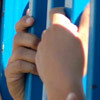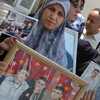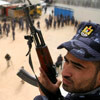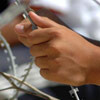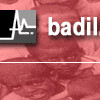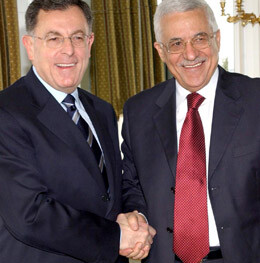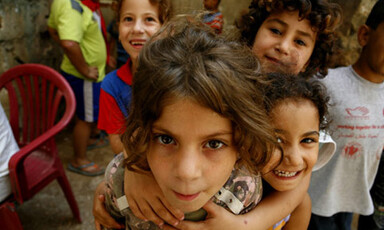
Diaspora Palestinians to Abbas: Right of return not negotiable
1 November 2007
We the Palestinian Canadian community assembly at the Palestinian National Voice Preparatory Conference in Hamilton, Canada, issue this letter out of profound concern regarding the present state of the Palestinian national struggle and the November 2007 “peace” conference to be hosted by the United States in Annapolis, Maryland. Read more about Diaspora Palestinians to Abbas: Right of return not negotiable
